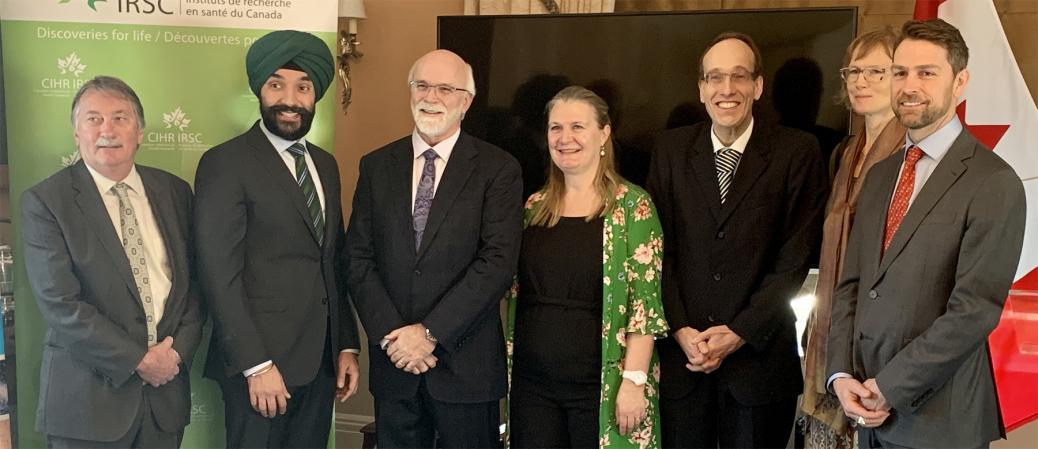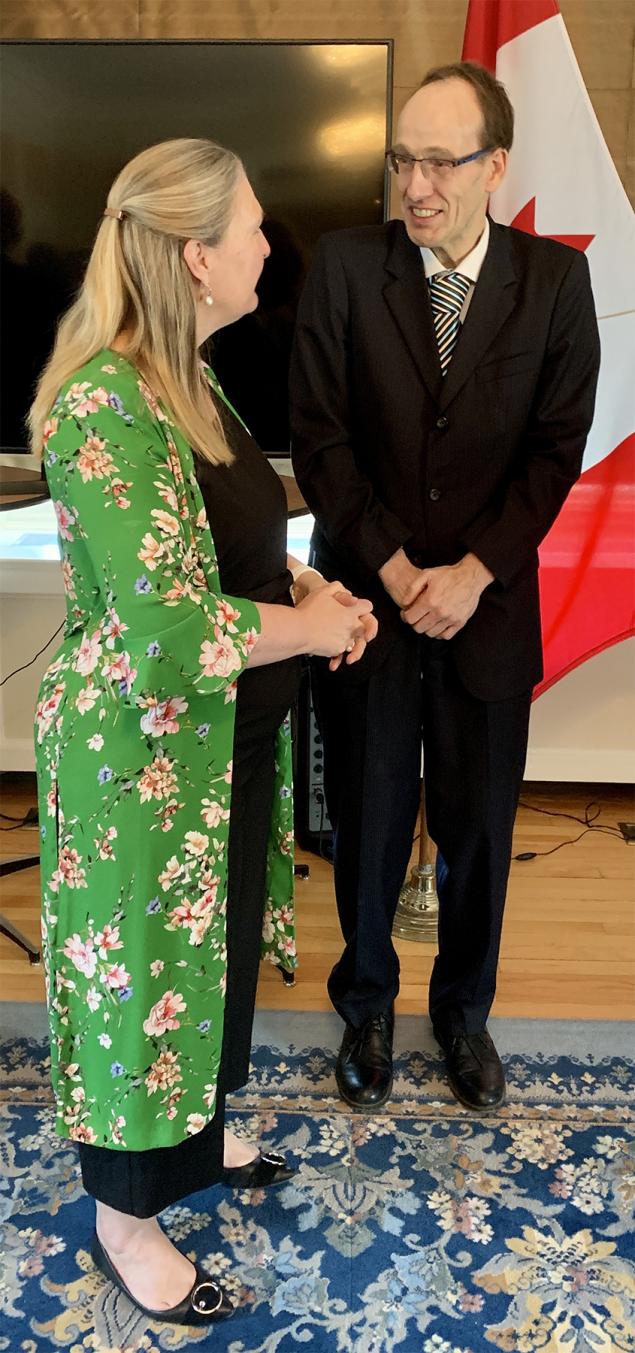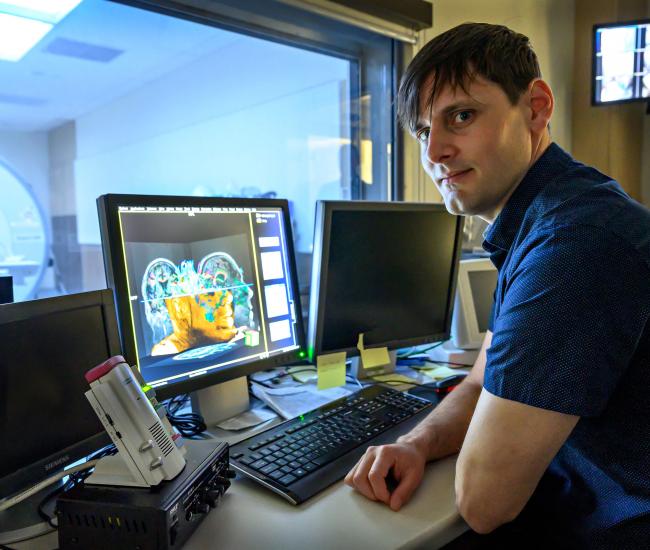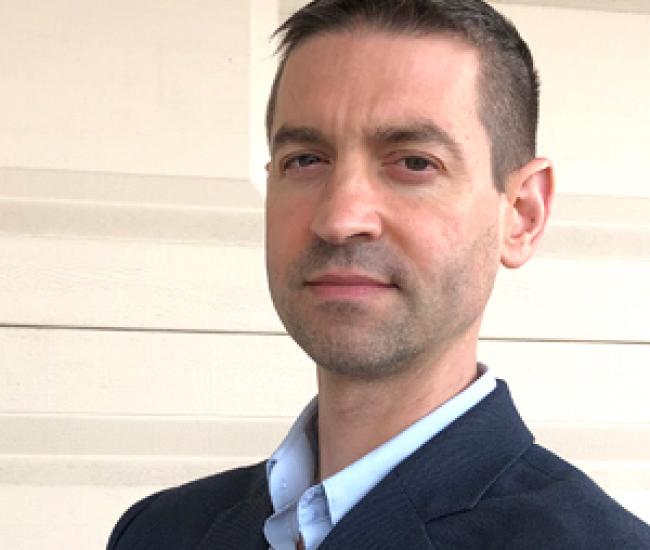
Dr. Georg Northoff of The Royal’s Institute of Mental Health Research and the University of Ottawa is part of a team that has received a grant from the Canada-United Kingdom Artificial Intelligence Initiative to study the brain and how it interacts with the external environment.
The research represents a new approach to understanding the brain, and its aim is to eventually build better diagnostic tools for mental health professionals to provide more personalised treatment for psychiatric disorders.
The announcement was made by Navdeep Bains, Canada's minister of innovation, science and industry, and Susan le Jeune d'Allegeershecque, the British High Commissioner to Canada. It’s the first time three Canadian research funding agencies and four UK research councils have come together with the aim of strengthening research into artificial intelligence.
Then international teams were awarded grants worth $5 million and £5 million over three years.
“Consciousness is not in your head, consciousness is in the relation(ship) between you and the world. You need to understand that relation(ship) in order to provide better therapy for people.”Northoff’s research proposal is titled “The self as agent-environment nexus-crossing disciplinary boundaries to help human selves and anticipate artificial selves.”
Northoff, whose work embodies philosophy, psychiatry, and neuroscience, is the principal investigator on the Canadian side. (Prof. Karl Friston is his UK counterpart.) The multidisciplinary research team also includes Dr. Maia Fraser, a mathematician and computer scientist at the University of Ottawa.

It’s a complex area of research, to be sure, but it’s essentially about gaining a better understanding of our brains in order to augment the parts that perceive and process things around us.
Northoff uses music as a metaphor. Our brain aligns to the beat and we tap our toes to match the rhythm. If you danced a tango, the more synchronized you are with the music, the better you’d be able to dance to it. People who have a psychotic illness don’t have the same alignment and aren’t able to synchronize in the same way. “Their brains are completely disconnected. Completely disrupted,” describes Northoff. In other words, the brain is out of step with its environment.
This “world-brain alignment” is closely linked with perception of self, for example.
“Consciousness is not in your head, consciousness is in the relation(ship) between you and the world,” says Northoff. “You need to understand that relation(ship) in order to provide better therapy for people.”
Developing mathematical and computational tools to capture patterns and find structure in the “chaos” of the brain is the first step to finding a way to better synchronize it with its environment.
In the future, this research could pave the way for diagnostic tools that provide more personalised treatment for mental illnesses.
The Canadian funding agencies that are part of the Canada-United Kingdom Artificial Intelligence Initiative include the Canadian Institutes of Health Research, the Natural Sciences and Engineering Research Council, and the Social Sciences and Humanities Research Council.
Other research projects funded though the AI initiative are investigating technology to detect and monitor global disease outbreaks, helping neurosurgeons perform surgery, countering abusive language online, and developing AI transportation systems.
To read more about Dr. Northoff’s work, go to georgnorthoff.com, or check out his book, Neuro-Philosophy and the Healthy Mind: Learning from the Unwell Brain.



